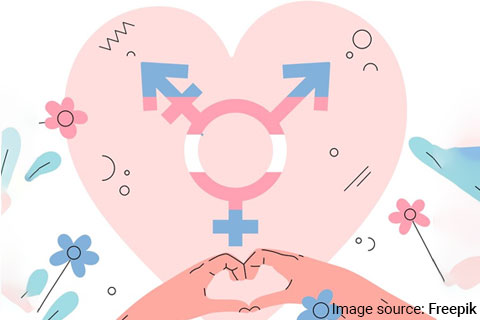In 2022, Arizona passed a law that became effective in 2023, prohibiting physicians from providing irreversible gender reassignment surgery to individuals under the age of 18. The term “providing” in the legislation has led to confusion and caution within the healthcare community, particularly regarding whether physicians can still refer minors to receive surgery in other states. The ambiguity around the term “provide” has raised concerns, as it could be interpreted in multiple ways. However, according to Schulman & Hogan (2023), the legislature did not intend to prohibit referrals for minor patients. Despite the restrictions on surgery, minors can still access gender-affirming care in other ways, such as hormone therapy, legal transitioning, and social transitioning. For example, Planned Parenthood in Arizona offers hormone therapy and supports patients in exploring other forms of gender affirmation (Gender Affirming Care, n.d.).
The recent ban on gender reassignment surgery in Arizona has led to feelings of insecurity and a lack of safety among patients seeking gender-affirming care. This legislation might make individuals feel less accepted and more hesitant to discuss their needs with loved ones or healthcare providers. If similar bans continue to emerge, the LGBTQ community could face significant challenges in terms of acceptance, safety, and mental health. The inability to access the medical care necessary for individuals to feel comfortable in their bodies could have severe consequences in the future.
Ethical Considerations in LGBTQ Healthcare
In addition to the challenges posed by the recent legislation, healthcare providers in Arizona must navigate ethical considerations when working with LGBTQ patients. The Arizona Administrative Code mandates that providers report a broad range of diseases to the local health department, including HIV infection and related diseases, which likely encompasses AIDS (Arizona Administrative Code, 2018). Providers are required to submit these reports within five working days of diagnosing, treating, or detecting a case or suspected case.
When working with LGBTQ patients, clinicians must ensure they are knowledgeable about the proper terminology their clients might use to describe themselves and their experiences. Providers should avoid making assumptions about their clients’ lives or struggles. One of the most critical aspects of working with LGBTQ patients is creating a safe and accepting environment, especially when discussing sensitive issues like sexually transmitted diseases. The difficulty of disclosing such information underscores the need for clinicians to be culturally competent and supportive (Bass & Nagy, 2023).
Conclusion
The recent legislative changes in Arizona and the ongoing ethical challenges highlight the importance of providing comprehensive and compassionate care to LGBTQ individuals. While the ban on gender reassignment surgery for minors poses significant challenges, healthcare providers must continue to support their patients in navigating these obstacles. By fostering a safe and understanding environment, clinicians can help ensure that LGBTQ patients receive the care and respect they deserve.
References
- Arizona Administrative Code. (2018). Arizona Administrative Code. Retrieved from Arizona Department of Health Services.
- Bass, B., & Nagy, H. (2023, November 13). Cultural competence in the care of LGBTQ patients. StatPearls – NCBI Bookshelf. Retrieved from NCBI Bookshelf.
- Gender affirming care. (n.d.). Planned Parenthood. Retrieved from Planned Parenthood Arizona.
- Schulman, B., & Hogan, M. (2023, May 28). Arizona’s Gender-Affirming Care Ban for Transgender Youth May Regulate Referrals. Mica Insurance. Retrieved from Mica Insurance Blog.

